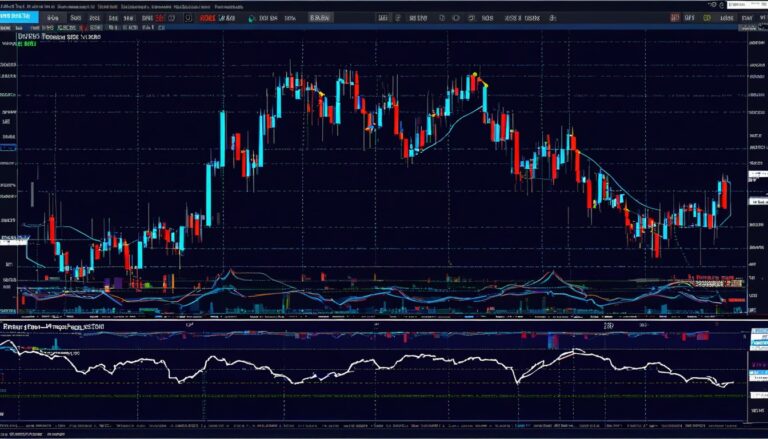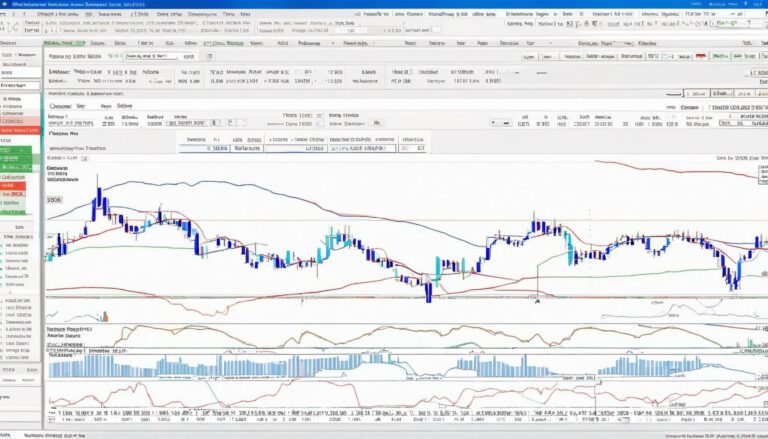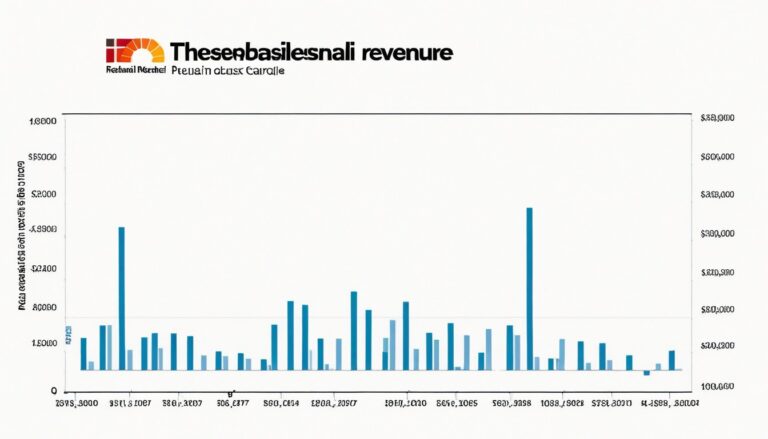Trading Basics: A Simple Guide
In the world of trading, understanding the basics is super important, whether you’re just starting or you’ve been doing it for a while. This article breaks down the essential stuff you need to know to make smart decisions in the financial markets.
1. Knowing About Financial Markets: To do well in trading, you need to understand financial markets. This means getting to know about stocks, bonds, commodities, currencies, and other money-related things. Keep an eye on trends, economic signs, and big events that can affect how much things cost.
2. Dealing with Risk: A big part of trading is dealing with risk. Decide how much risk you’re okay with, set up safety plans, and spread your investments around so that if one doesn’t do well, it doesn’t hurt all your money.
3. Looking at Things Technically and Fundamentally: Trading is about studying information in two ways: technically, which looks at past prices, and fundamentally, which looks at the real value of something based on financial reports and how a company is doing.
4. Making Plans for Trading: Have a plan for trading. Whether you like quick trades, slower ones, or keeping investments for a long time, having a plan helps you make good choices. Change your plan if needed, based on what’s happening in the market.
5. Controlling Your Feelings: Emotions can make you do things you might later regret. Good traders keep control of their feelings, stay calm when the market goes up or down, and stick to their plans. Winning and losing are part of learning.
6. Always Learning: Things in the money world always change. Keep learning by reading about markets, going to talks, and staying updated on new things. Being ready to learn and adapt is key for long-term success.
7. Picking the Right Broker: Choose a good place to do your trading. Look into fees, tools for trading, how helpful they are, and how safe it is. A good place to trade makes the whole experience better.
8. Using Technology: Make technology work for you. Use apps and tools to help with trading, check real-time info, and stay connected to what’s happening in the money world.
9. Understanding Money Words: In trading, people use some tricky words. Take time to learn them so that when people talk about stocks, bonds, or other money stuff, you know what they mean. Understanding these words makes trading less confusing.
10. Checking Daily News: Every day, things happen around the world that can affect how much money you might make or lose. Keep an eye on the news to stay updated on what’s going on. It helps you make better decisions about your trades.
11. Talking to Other Traders: Connect with other people who are into trading. Share experiences, ask questions, and learn from each other. Sometimes, talking to others can give you new ideas or help you understand things better.
12. Starting Small: If you’re new to trading, don’t jump in with all your money at once. Start small to get the hang of things. As you learn more and feel more confident, you can increase your investments.
13. Keeping Records: Write down what you do with your trades. This way, you can see what works well and what doesn’t. Keeping records helps you learn from your experiences and make smarter choices in the future.
14. Being Patient: Trading isn’t a way to get rich quick. It takes time to learn, make good decisions, and see results. Be patient and stay focused on your goals. Success in trading happens over time, not overnight.
15. Taking Breaks: Trading can be exciting, but it’s also important to take breaks. Step back and relax when needed. Clearing your mind helps you make better decisions when you’re back in the game.
16. Celebrating Wins, Learning from Losses: When you make a good trade, celebrate your success. On the flip side, if things don’t go well, use it as a learning opportunity. Understand why it happened and use that knowledge for future trades.
17. Exploring Different Markets: Don’t limit yourself to just one type of investment. Explore different markets and see what you enjoy and understand best. Diversifying your investments can also reduce risk.
18. Adapting to Changes: Markets change, and so should your strategies. Be ready to adapt to new trends and market conditions. Flexibility is a valuable trait for a successful trader.
19. Exploring Online Courses: Consider taking online courses or attending webinars about trading. Many platforms offer educational resources that cover various aspects of trading, providing valuable insights and strategies to improve your skills.
20. Understanding Market Indicators: Dive deeper into market indicators such as moving averages, relative strength, and MACD. Understanding these tools can help you make more informed decisions based on market trends and momentum.
21. Networking at Trading Events: Attend trading events or conferences to network with professionals and enthusiasts. Engaging in discussions, attending workshops, and learning from experienced traders can broaden your perspective and introduce you to diverse strategies.
22. Exploring New Technologies: Stay updated on advancements in trading technologies. Automation, artificial intelligence, and machine learning are increasingly shaping the trading landscape. Understanding these technologies can give you a competitive edge.
23. Setting Realistic Goals: Define clear and realistic goals for your trading journey. Whether it’s a monthly profit target or a long-term investment plan, having specific goals helps you stay focused and measure your progress.
24. Collaborating with Mentorship Programs: Seek mentorship from experienced traders. Many mentorship programs connect beginners with seasoned professionals. Learning from someone with practical experience can accelerate your understanding of the markets.
25. Exploring Cryptocurrency Markets: Consider exploring the world of cryptocurrencies. Understanding blockchain technology and the dynamics of digital assets adds another dimension to your trading knowledge. Cryptocurrencies offer unique opportunities and challenges.
26. Reading Trading Psychology Books: Delve into books on trading psychology. Understanding the psychological aspects of trading, such as fear and greed, can help you make better decisions and maintain a balanced mindset during market fluctuations.
27. Utilizing Simulation Platforms: Practice trading with simulation platforms. Many platforms allow you to simulate trades without real money. This hands-on experience can help you refine your strategies and gain confidence before entering live markets.
28. Monitoring Regulatory Changes: Stay aware of regulatory changes in the financial markets. Regulations can impact trading practices and market dynamics. Being informed about these changes ensures compliance and helps you navigate evolving landscapes.
29. Keeping a Trading Journal: Maintain a trading journal where you record your thoughts, strategies, and outcomes. Regularly reviewing your journal allows you to identify patterns, learn from mistakes, and continuously improve your approach.
30. Enjoying the Learning Process: Embrace the learning process with curiosity and enthusiasm. The financial markets are vast and ever-evolving, and each experience contributes to your growth as a trader. Enjoy the journey of discovery and improvement.
Trading is an evolving journey that invites continuous exploration and learning. By engaging in online courses, understanding market indicators, networking at events, exploring new technologies, setting realistic goals, seeking mentorship, exploring cryptocurrencies, reading trading psychology books, utilizing simulation platforms, monitoring regulatory changes, keeping a trading journal, and enjoying the learning process, you enhance your skills and resilience in the dynamic world of trading.









